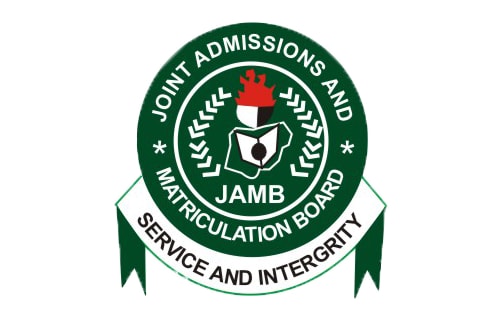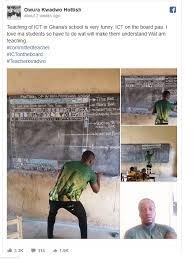
A teacher can make all the difference to a student’s relationship with a subject. A teacher can even make all the difference to a student’s outlook on life. These are two quite bold claims, but there is a lot of substance to them.
Chief executive of Pearson Publishing, Marjorie Scardino, said, “There’s no job in the world that can match the importance of a great teacher.” And she is not in a minority with this belief. But it does beg the question: ‘What are the qualities needed to become a ‘great teacher?’
A quick and very unscientific poll of primary age children revealed that among the qualities that lifted their own teachers from the ordinary to the outstanding were things such as ‘a good sense of humour’, ‘tells us a story every day’, ‘listens to us’, ‘does interesting things’ and ‘is very kind’.
More in-depth research across wider cohorts shows that children and students enjoy being taught in an organised setting, with clear rules and restrictions and in a manner which is consistent and fair.
But these are all human personality traits, and by their very definition not all teachers can possess them. There will always be the teacher who is more engaging, wittier, kinder, more empathetic to their charges, and no amount of training or development will change that.
But what every teacher can do is concentrate on the four essential skills that make for great teaching. These are: communication; planning and preparation; assessment and monitoring and classroom management.
Let’s take a closer look at each of these in turn, starting with communication.
The most important thing about communication in the classroom is that you remove all barriers to it. Communication can take many forms, both verbal and non-verbal, and as a teacher it is vital that you ensure that every student is able to hear, see and understand what is going on.
Can all the students hear you? Is the lighting adequate? If you are using a board or a screen, can every student see it? Are you speaking clearly and with adequate volume? Can all your students understand you?
Once the lesson is underway, communication remains key. Are the students engaged and responsive? Do you encourage group work? If so, are all members of the group fully involved? Do you enable students to express their thoughts or are you dictating discussions and shaping the learning process?
When it comes to the second quality – preparation – the old maxim ‘failing to prepare is preparing to fail’ has never been more true than when faced by dozens of inquisitive young eyes. Handing out the wrong information, the ignominy of a failed science experiment, or the embarrassment of malfunctioning IT equipment are all moments that every teacher can relate to, and having experienced the feeling of panic, would never want to endure again. The minute that a lesson starts to go wrong is a moment of self-discovery. How do you bring your lesson back from the brink of chaos?
Take the example of a lesson on magic in literature. An imaginative teacher may turn up dressed as Professor Dumbledore from the Harry Potter films and with forethought the next hour could involve all sorts of magical moments that will leave the students engaged and remembering the lesson long after they have left the classroom.
The third skill is the one that courts most controversy – assessment and monitoring. How do you monitor learning adequately and without resorting to boring tests and examination stress heaped on the students?
In fact, monitoring and assessment should become second nature to the teacher, and will be an integral part of the every day. It begins with setting out the proposed outcomes at the start of the lesson. ‘Today we are going to learn about Ox-bow lake formation,’ and continues until the lesson ends.
Seemingly random questions posed as the lesson develops – ‘Annie, can you tell me what this rock formation shows?’ – as well as getting students to feedback at the end of the session will give you a feel for the level of attainment. Listening to conversations as the students are on task will also provide feedback and an appreciation of their understanding.
More and more schools are involving the students in the assessment process, and this is proving a successful means on engaging students in their learning and ensuring that they see the relevance of the monitoring process.




